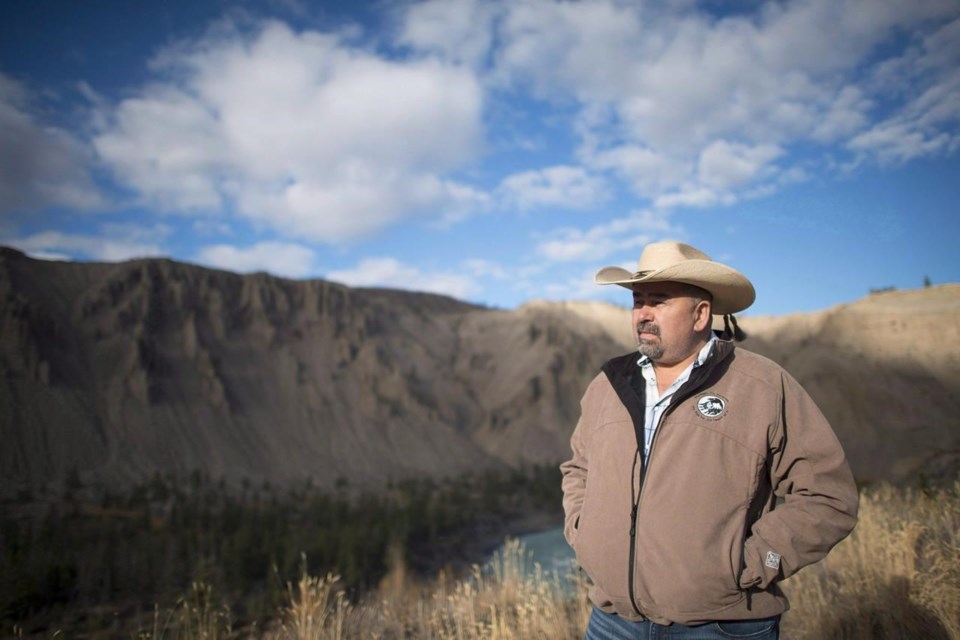WILLIAMS LAKE, B.C. — A spike in overdose deaths in the six British Columbia nations that make up the Tsilhqot'in National Government has prompted the chiefs to declare a local state of emergency.
The Cariboo-area nation says in a statement that toxic drugs combined with the historical and present-day harms of colonialism are contributing to higher rates of overdose deaths among Indigenous people.
Tribal Chair and Chief Joe Alphonse says in the statement that drugs are a major problem in the community, and while they feel like their hands are tied, they need to act to save lives.
The statement says the RCMP know who the dealers are, and that is something that needs to be addressed.
The Tsilhqot'in says the emergency declaration provides the nation with access to additional government support, however treatment facilities don't have enough capacity, and it's calling on all government ministries to work together to stop the deaths.
Chief Otis Guichon, the vice-president of the national government, says their people are grieving over the recent losses and they need time and tradition while they search for Tsilhqot'in-led solutions.
"We call on the local health authorities to work with our communities and expand facilities to support our members who want treatment. Our thoughts and prayers are with those families grieving right now," Guichon says in the statement.
This report by The Canadian Press was first published April 12, 2024.
The Canadian Press
Note to readers: CORRECTS typo in short headline



